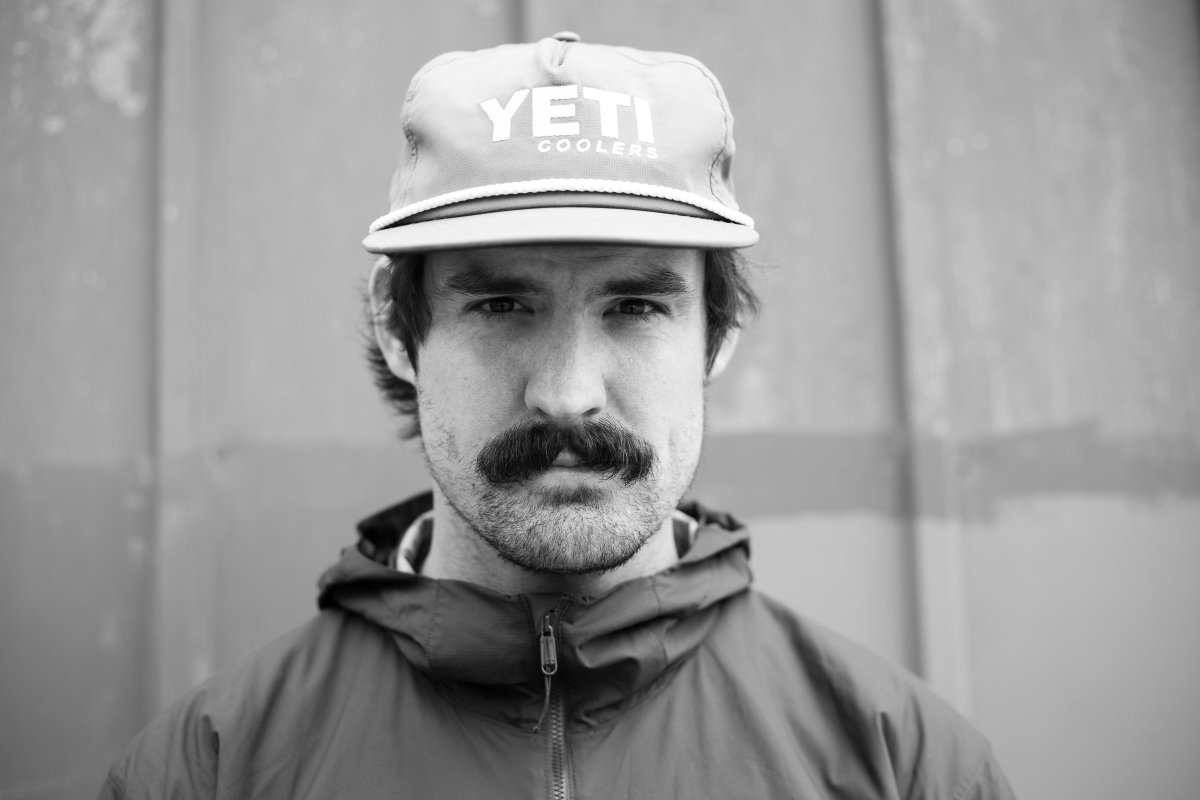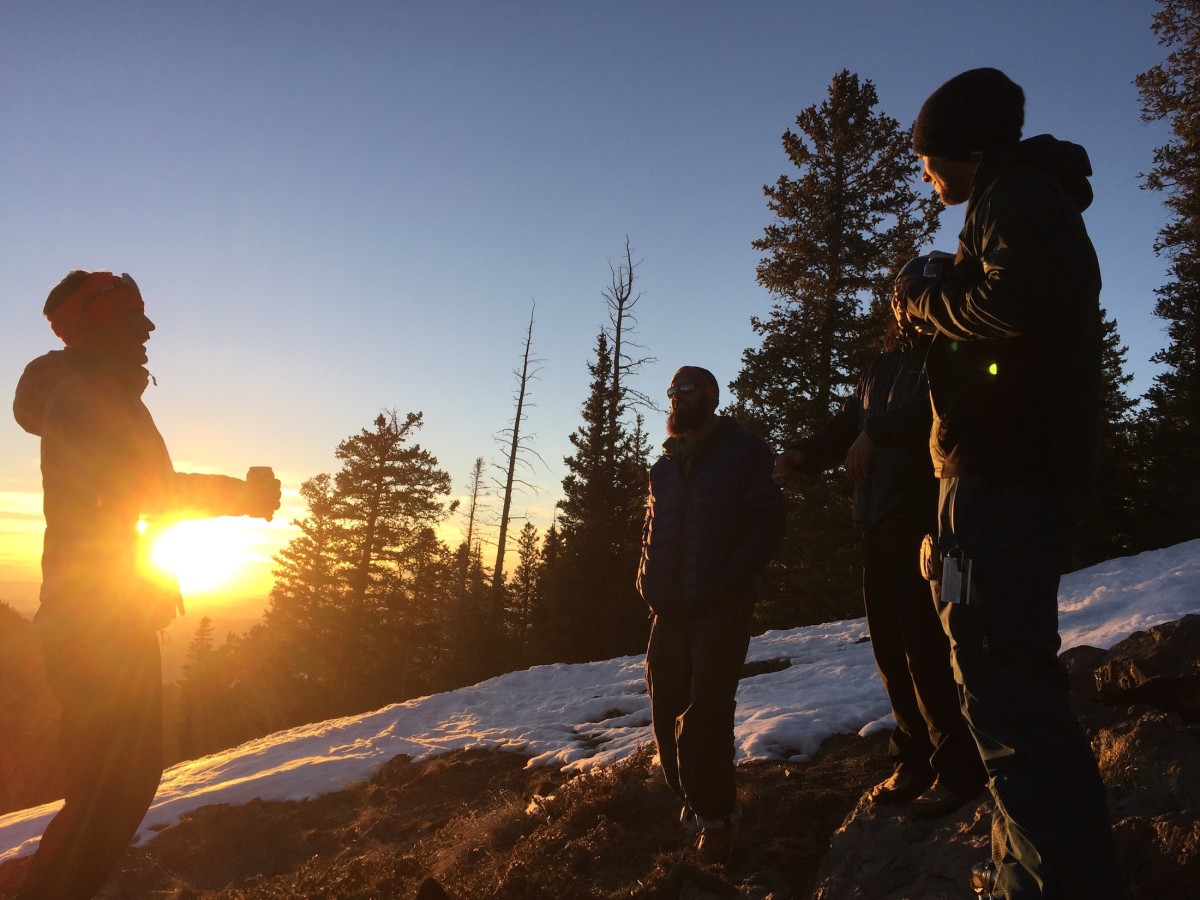Why Mountain Towns Across the U.S. Are Experiencing a Mental Health Crisis
- Get link
- X
- Other Apps
I know, because I was nearly part of the statistics
In the winter of 2012, it wasn’t strange to wake up and think about killing myself. After a cocaine and whiskey bender, when spears of afternoon light would break into the dingy bedroom I rented in Telluride, Colorado, the voice in my head would remind me that no one loved me and that I was worthless. And so I’d go about my day with a clenched-fist attitude and a soul that was home to a protected vacancy. I didn’t know it at the time, but I was suffering through undiagnosed alcoholism and addiction, as well as the periphery diseases that accompany those demons, like depression and suicidal ideation. I was too proud and too scared to ask for help.
And that almost killed me.
My life is better than your vacation. You hear this said often in mountain communities, see it on T-shirts, stickers, and coffee mugs—and it makes sense. Locals love the mountains and the towns that sit in their shadows. Mountain towns are home to our most celebrated athletes and adventurers, and hold our dreams of a daring, awe-inspiring life. We praise the ski and climbing bums who forego social norms in pursuit of this counterculture existence. It’s why I originally moved to Colorado. But behind this “best outdoor life” aesthetic, this carefully curated mountain lifestyle, is a hulking mental health crisis. I know because I was nearly a statistic of it.
The U.S. Mountain West is home to the most stunning, and most visited national parks, including Grand Canyon, Yosemite, Yellowstone, and Zion. In 2017, Colorado alone hosted 86 million tourists. The natural beauty of these states beckons many to call the mountains home so they can “live the dream.” However, the Mountain West contains eight of the top 10 states with the highest suicide rates in the country. The suicide rate in the Rocky Mountains is nearly three times the national per capita average. And because of this, the Rockies are commonly referred to as “The Suicide Belt.”
Unbuckling the Suicide BeltTruckee, Calif., Aspen, Colo., and Salt Lake City all have suicide rates higher than the national average. Mental health professionals point to substance abuse as a contributing factor. In fact, a 2017 Swedish study found that ski resort employees have a higher risk of alcohol and drug abuse than the general population.
For those of us living in these communities, the statistics are not abstractions; they’re our neighbors, friends, and even heroes. In the fall of 2019, the Roaring Fork Valley—my new home—experienced what public health officials call a suicide cluster. Four people died from suicide in one month, three were within a five-day period. Just before the New Year, a beloved professional snowboarding phenom from Mammoth Lakes, California, Jaeger Bailey, took his own life at age 26.
Mountain towns don’t cause alcoholism and addiction, depression, or suicide, but a link is clear. Why?
I moved to Telluride to work for the mountain resort when I was 23 years old. But I was really seeking the ski bum life as an extension of my college party scene. Ski towns are a great place to simultaneously assert a kind of manhood while avoiding many of the adult responsibilities that come with actual manhood. When my friends back home were walking career paths, buying homes, starting families, I was trying to scrap together enough money to buy a new backcountry touring setup. Ski all day, party all night, and find some time to earn enough money to support both. As my passion for mountain pursuits grew, so tightened the grips of my undiagnosed addiction and alcoholism, and depression. I self-medicated to muffle the bellow of suicidal ideation. The deeper the darkness got, the amount and frequency of my use increased. “Pushing it” in the mountains became less about achieving goals and more about self-harm.

And at every turn, even when I plotted my own death, I never felt that I could reach out and ask for help. I was ashamed, figured I could handle it.
I could not. The great lie about mental health issues is that, because these diseases live in our heads, we are some way in control of them. Those of us devoting our lives to heroics in the ski resort front-, side-, and backcountry seem to be particularly susceptible. We figure that if we are courageous and strong enough to ski a steep line, jump off of a 50-foot cliff, or climb an exposed route, we should have no trouble dealing with the dark clouds inside our minds. If I had a compound fracture of my forearm, I wouldn’t rub dirt on it and say, “I got this.” I’d see a doctor. And anyone in our outdoor community would tell me to do so too. But when the dark voice in my head keeps me from getting out of bed and inspires thoughts of suicide, I tell myself that this is something to handle on my own. I am too afraid and ashamed to ask for help.
How to Find the Right Therapist for YouThe stigma that shrouds mental health is what keeps us sick. The National Institute of Mental Health reports that nearly 47 million Americans suffer from mental health issues in a given year. And they say a little less than half of those people receive treatment. The Substance Abuse and Mental Health Services Administration conducted a survey in 2014 to find out why. Some of the reasons given were logistical or financial, like health insurance or transportation issues. But stigma was the main reason. People are worried that it could affect their job, don’t want others to find out, and fear being judged or treated differently.
I wish I could say that I ultimately overcame my issues through the same discipline and determination I use to break trail up a bootpack on a powder day, but the opposite is true. The only reason I got help was because I was intervened upon. By luck and circumstance, friends and family helped me when I couldn’t help myself. I started my path to recovery nearly seven years ago. Today, I am happy and healthy. I work at positive mental health daily. But my story is atypical. So many people in our community are suffering, and they feel they must do it alone.
A New Study Shows Hitting the Slopes Could Lower Your Risk of Depression and DementiaUnfortunately, that instinct can be tragically justified. When a friend of mine told her climbing partners that she was scared about where the depths of her depression and anxiety might take her, she was kicked out of the group. She was told she was infringing on their ability to live the good life and maximize fun. The fear of this type of response kept me silent for years; it was only after my recovery that I learned how many of my friends and peers struggled alongside me in isolation due to the same fears.
Given the number of people suffering, the statistics and the deaths, one would think that the community itself would be working hard to change that identity. But we don’t talk about this. Mental health and suicide is too often swept under the rug, covered up by the good vibes only sensibility that attracts us to the mountains in the first place.

We all need to focus on openly and honestly expressing our inner demons, and create a welcoming space for others to do the same. We have to make the conscious and deliberate shift to change the way our community views mental health and suicide and destroy the stigma. And we need to do it right now, because this is a crisis shrouded by mountains. You can’t get rad, and there are no good vibes, if you’re dead.
The New Thinking on DepressionThe post Why Mountain Towns Across the U.S. Are Experiencing a Mental Health Crisis appeared first on Men's Journal.
from Men's Journal Latest Health & Fitness News https://ift.tt/2Gso0HR
- Get link
- X
- Other Apps
Comments
Post a Comment